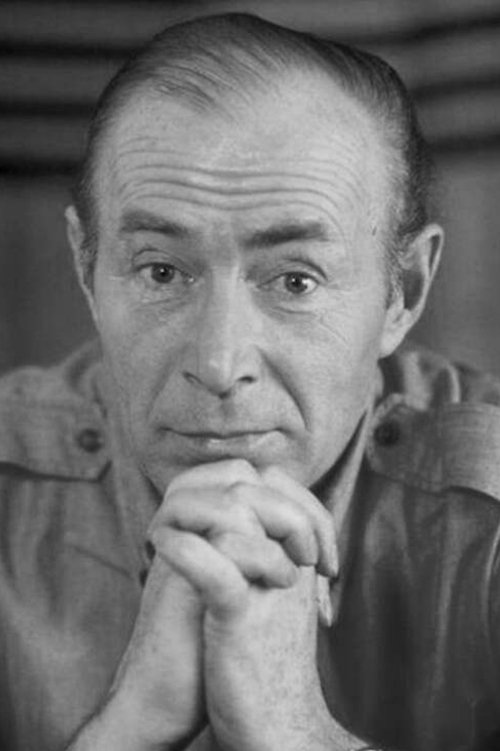
Mykola Hryhorovych Hrynko or Nikolai Grigoryevich Grinko (Ukrainian: Микола Григорович Гринько; Russian: Николай Григорьевич Гринько) was a Soviet and Ukrainian actor. His film debut was in the role of a rebel in the film "Taras Shevchenko" by Igor Savchenko. He is best known for his roles in the films of Andrei Tarkovsky, including: "Ivan's Childhood", "Andrei Rubliov", "Solaris", "Mirror", and ...
Explore all movies appearances
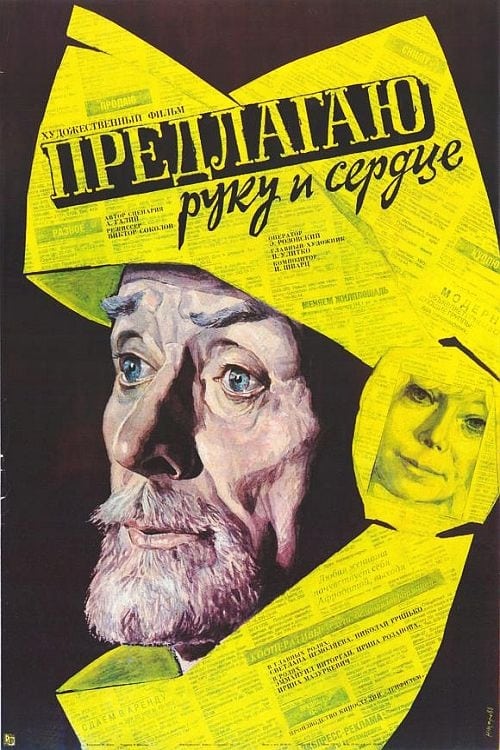
After becoming a widower and retiring, former teacher Nikolai Chmutin moved in with his daughter, who, together with her husband, decided to marry him off. In their search for a suitable candidate, the characters find themselves in comical situations time and time again, until a bride is finally found...
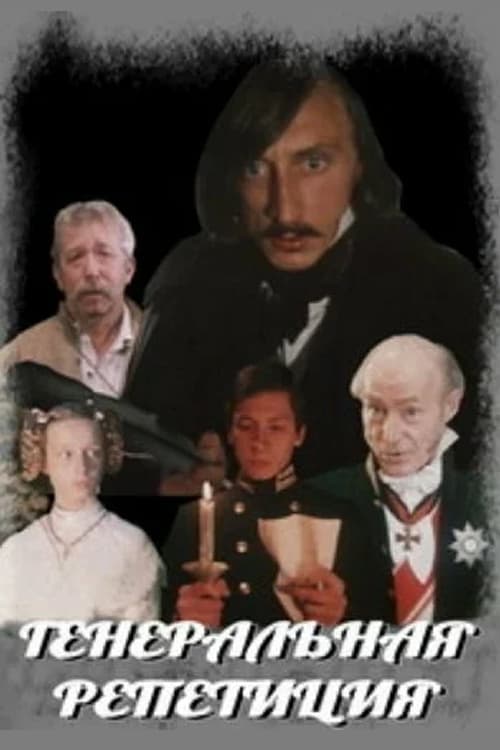
A poetic psychological drama about the adolescence of the Ukrainian-Russian writer Nikolai Gogol filmed for Soviet television at A. Dovzhenko Film Studion in 1988. Based on the short story "Gogol-gimnazist" by Vasili Avenarius.

Set in the Soviet Union, the film is a chronicle of a life of one successful artist: his family, his friends, his clients, and his artworks.
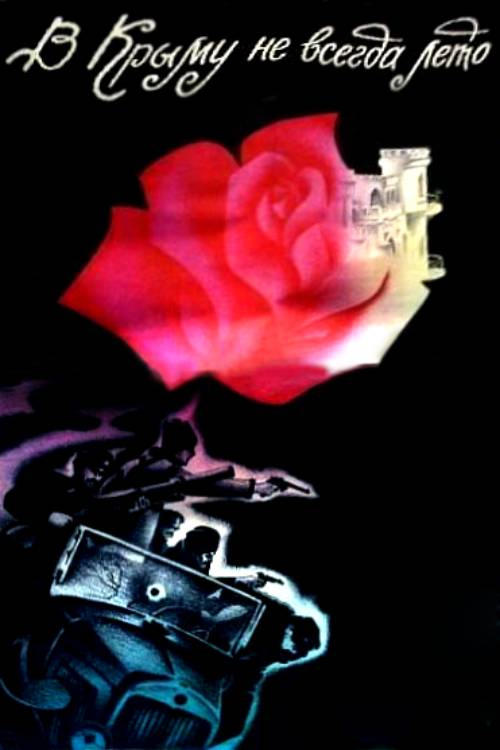
The film is dedicated to Dmitry Ilyich Ulyanov, the younger brother of V.I. Lenin, a professional revolutionary, doctor and creator of the first Soviet sanatoriums and rest homes in the Crimea.
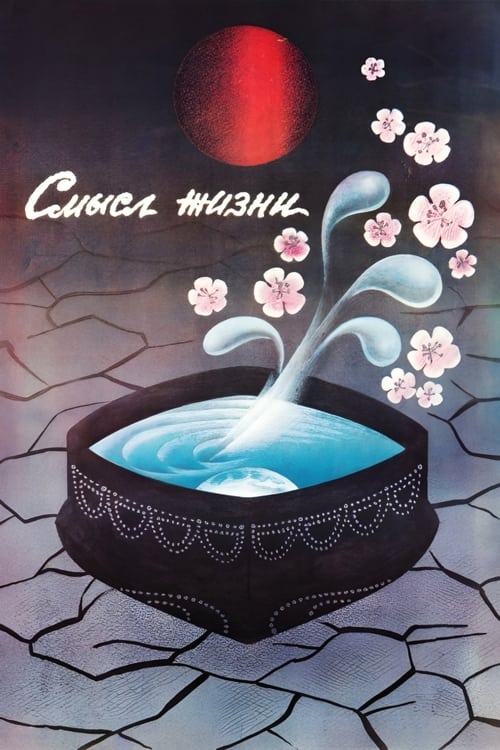
Follows the construction of the Fergana Canal, which employed 170 thousand people, and Usman Yusupov was given a very specific task - in 45 days, a 270-kilometer-long canal should provide water to the cotton fields.
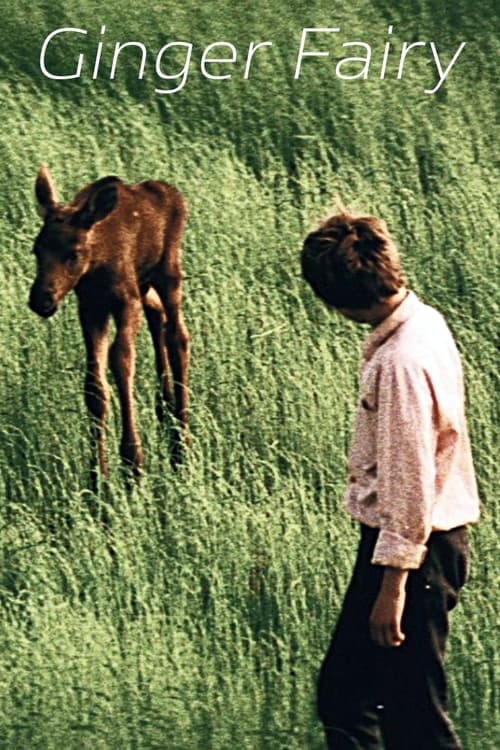
11-year-old Minko is forced to move from a decaying village to the city with his father, mother and sick grandfather. New apartment, school and classmates greet the boy with hostility. This only strengthens his desire to return home, where there is a forest and his friends. But what Minko misses the most is Ginger Fairy, a tame moose he once saved and which disappeared the day he left.
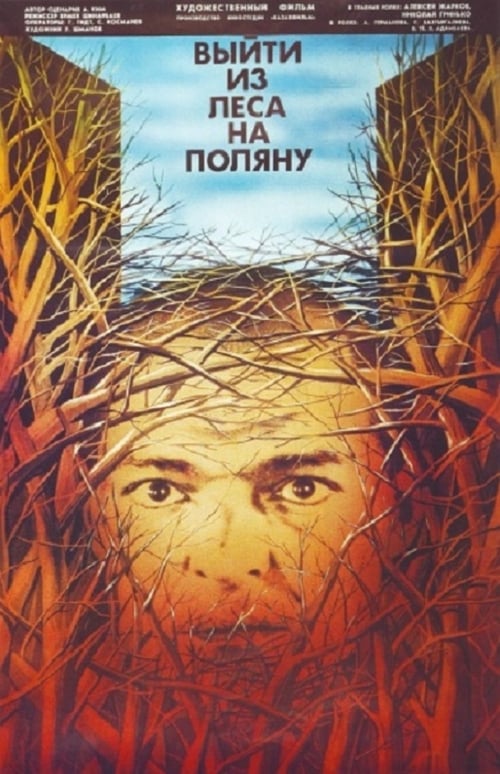
Two men wander a Kazakh forest in search of mushrooms, whilst reflecting on their philosophies and memories.
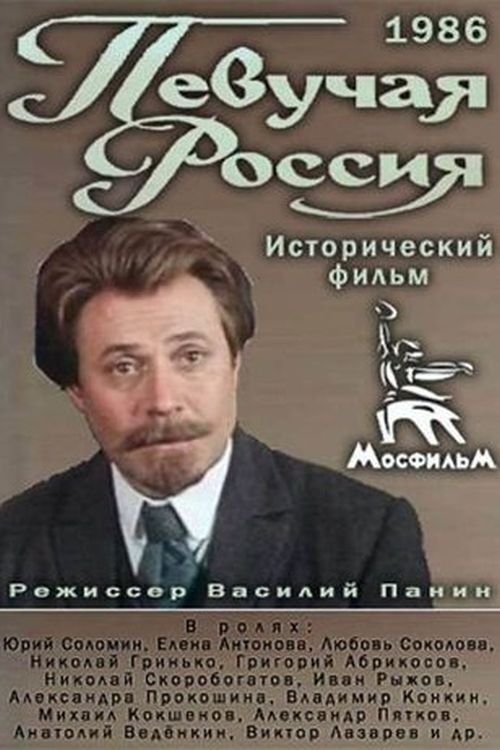
The film tells about the founder of the first Russian peasant choir Mitrofan Efimovich Pyatnitskiy, about his life, tragic love and other facts of his biography. The picture reflects the musical life of Russia in the pre-revolutionary period.
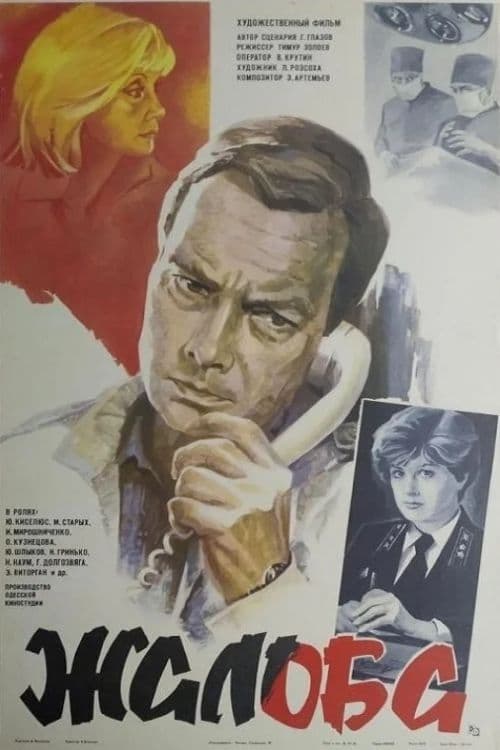
During a complex operation in a leading clinic, patient Yakovenko dies. His relatives file a complaint with the prosecutor's office. Assistant Prosecutor Klivtsova, investigating the case, becomes convinced that the doctor, head of the Department of Surgery Marchuk, who is accused of a high percentage of mortality, must be defended, because he is a talented thoracic surgeon, and the high percentage of mortality after his operations is due to the fact that he treats the most hopeless patients, using every chance in the fight for their lives. However, his colleagues who avoid working with critically ill patients will not be easily accused of malpractice.

The wedding turns into a crime scene. The wedding is like the apotheosis of meaninglessness, a metaphor for society. The story of the generation of the eighties with a tragic ending. The film uses the true facts of the criminal case.
Subscribe for exclusive insights on movies, TV shows, and games! Get top picks, fascinating facts, in-depth analysis, and more delivered straight to your inbox.